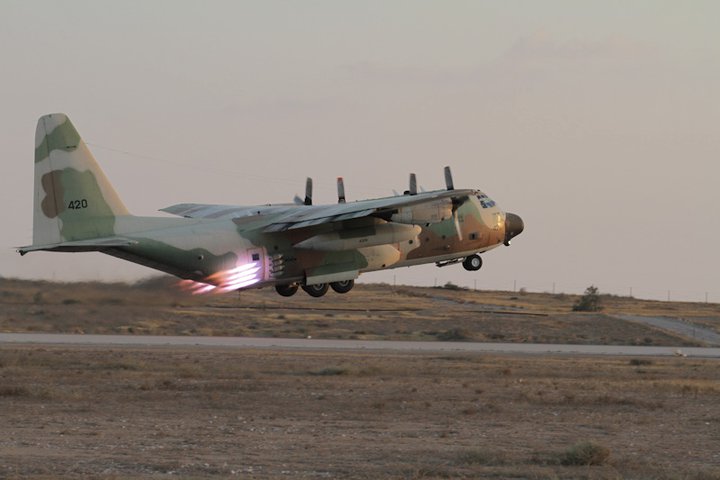Israel Claims Air Superiority Over Tehran Amid Escalating Tensions

In a stark escalation of military tensions in the Middle East, Israel's Defense Minister, Israel Katz, announced on June 14, 2025, that Israel has achieved air superiority over Tehran, asserting that the Iranian capital 'will burn' if missile attacks against Israel continue. This declaration follows a series of retaliatory strikes by Iran, which has vowed to respond with increased force to Israeli attacks, raising fears of a broader conflict.
The backdrop of this confrontation includes Israel's ongoing military operations, which the government claims are designed to cripple Iran's nuclear capabilities. Katz's remarks came after Iran unleashed a barrage of ballistic missiles and drones in response to Israeli airstrikes that targeted multiple sites in Tehran, including military and industrial infrastructure.
Katz held Iran’s Supreme Leader, Ayatollah Ali Khamenei, responsible for the consequences of these attacks, suggesting that Iranian civilians would pay a heavy price for their leadership's aggression. He stated, 'If Khamenei continues to fire missiles at the Israeli home front, Tehran will burn.' This sentiment reflects a growing confidence among Israeli leadership regarding their military strategy and objectives.
The Israeli Defense Forces (IDF) reported that they have targeted Iranian air defenses and claimed to have successfully intercepted a significant percentage of missiles fired from Iran. An IDF official described the situation as one where 'the aerial road to Tehran is effectively open,' indicating a dramatic shift in military dynamics in the region.
Israeli Prime Minister Benjamin Netanyahu echoed Katz’s warnings, asserting that Israeli jets would soon be active over Tehran's skies, targeting any site connected to Khamenei’s regime. He emphasized that the Israeli military's actions were aimed at preventing Iran from acquiring nuclear weapons.
The Iranian response has been characterized by defiance and threats of retaliation. Iranian President Masoud Pezeshkian and military leaders have pledged a 'more severe and powerful response' to Israeli aggression, suggesting that their military strategy might extend to targeting Israeli allies in the region. Iranian state media reported a 'massive explosion' at a refinery linked to the South Pars gas field, purportedly struck by an Israeli drone, marking a significant escalation targeting Iran's energy sector.
As both sides launched fresh attacks following the initial strikes, reports indicated that Iranian missiles had penetrated Israeli defenses, resulting in casualties in various Israeli cities. The ongoing conflict poses significant risks of drawing Western powers deeper into the fray, especially as the United States and France have indicated readiness to defend Israel, while the UK has emphasized the importance of de-escalation.
The conflict has raised alarms not only due to the immediate military implications but also because of the potential for broader regional instability. The International Atomic Energy Agency (IAEA) has expressed concerns regarding the legality of Israeli attacks on nuclear sites, warning of grave consequences related to radioactive contamination.
In the wake of the conflict, the humanitarian situation in the region has deteriorated, with reports of civilian casualties rising on both sides. The Palestinian Red Crescent reported multiple deaths in the West Bank due to retaliatory strikes, while Israeli sources confirmed fatalities from Iranian missile attacks.
As the situation develops, the implications for regional security, international relations, and humanitarian conditions remain critical. Analysts suggest that both Israel and Iran may face increasing pressure to pursue diplomatic solutions to avoid further escalation. However, the current trajectory of military engagement indicates a challenging path ahead, with both nations seemingly committed to their respective military strategies, raising the specter of a prolonged conflict that could have far-reaching consequences for the entire region.
Advertisement
Tags
Advertisement





